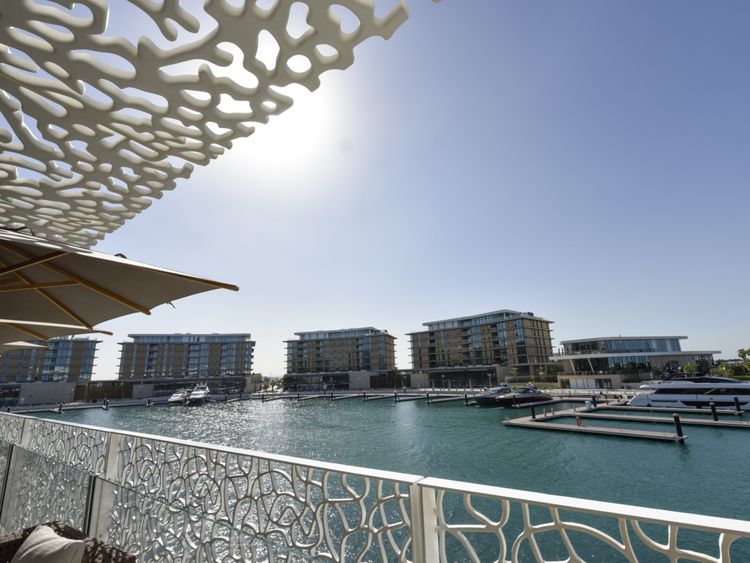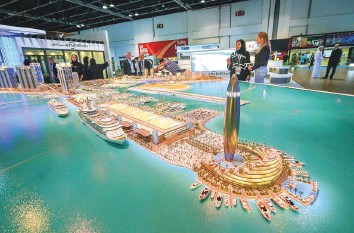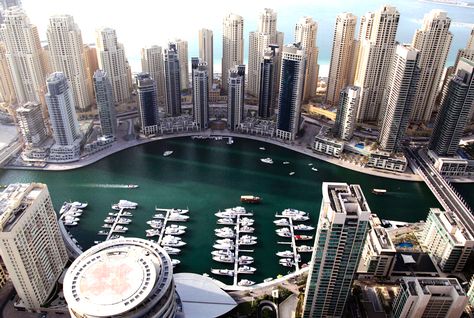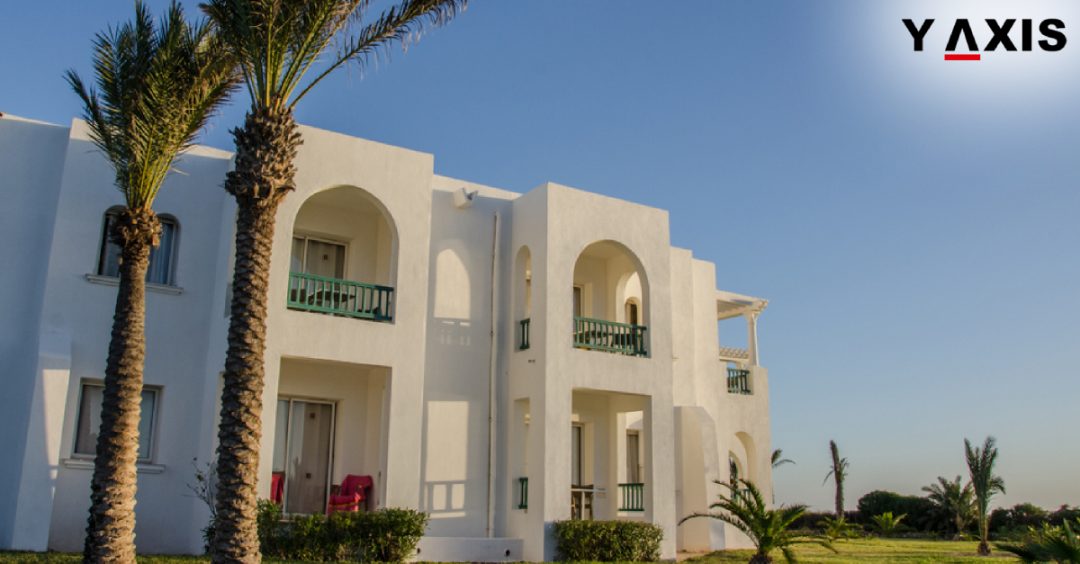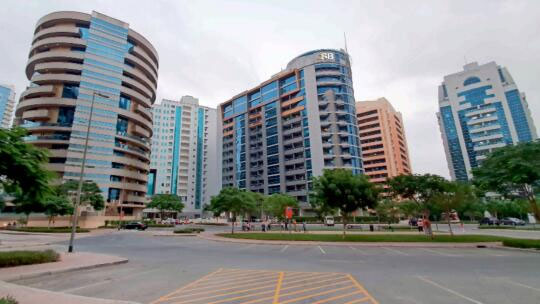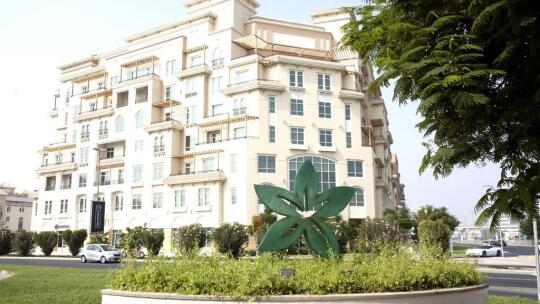Buying distressed properties in UAE: What you need to know
Assets often become distressed because of the operational and financial difficulties faced by the owner or issuer of the assets, which may result in insolvency or bankruptcy. Such situations create opportunities for distressed sales, offering great deals for buyers.
These assets are valued below their actual price and could be in default or close to default due to reasons particular to the owner or issuer rather than market conditions. However, sometimes external factors and market conditions can also affect the performance or sudden sale of an asset, like the need for capital.
“If a seller wants quick cash and is offering the property for sale in distress, there is nothing wrong in it,” says Kunal Puri, managing director of La Capitale Real Estate Broker. “This could be just another deal with more add-ons and a shorter transaction time that can exist in both upward and downward markets.” However, Puri notes that these deals are more common when the market is under correction.
“In my recommendation, end users should look for a good deal rather than a distressed sale, as mostly distressed properties have some kind of challenge attached with them,” adds Puri. “However, if an end user is lucky enough to get one, then they should immediately finalise it without delay, as such deals are hard to catch in any market.”
Harry Tregoning, managing partner at Tregoning Property, says distressed deals can come in different types. “We have recently seen a floor of an unfinished building in Business Bay being offered for sale for 25 per cent below the purchase price prior to delivery as the owner needs immediate capital,” says Tregoning. “Another customer has an apartment in a tower due to be completed shortly. He has bought another property for a different reason and wishes to exit this property as fast as he can to start his new overseas project.”
Tregoning says owners of such properties are generally advised against distressed sales. “However, circumstances might not allow that,” he says. “As prices are lowered in these deals, it allows the buyer or the investor to get involved at a price below market value, which is attractive to anyone.”
Reasons to sell
Experts advise to check if the deal is a genuine distressed sale and that the property has no attachments or encumbrances. “Any property that is offered below current transactional price is considered distressed,” says Puri. “However, many people don’t understand that there is a difference between transactional price and advertising or the market price. Nowadays, due to the correction in market and lack of knowledge about transactional price, everyone is terming every deal as distressed, which is wrong.
“There are few benchmarks used by realtors to identify whether a deal is distressed or not,” says Puri. “What we all see on any property portal is the advertising or market price not the transactional price. The transactional price is always lower.”
According to analysts, there are other motivations owners are willing to sell below the market price, such as currency fluctuations. For instance, the currency in the seller’s home country may have depreciated, and thus wants to remit money back home and profit from the exchange rate, despite having to sell the property at a discount. Others may sell their unit before handover, as they foresee many units entering the market leading to property prices further declining.
Bankruptcy Law
The Federal Law by Decree No (9) of 2016 on Bankruptcy (the new bankruptcy law) sets out a framework for how to deal with the assets of debtors who are undergoing financial difficulties. The new law discusses what is referred to as a “protective composition” prior to delving into actual bankruptcy proceedings, explain Umera Ali, global head of Islamic finance and head of banking and finance Middle East, and Abdullah Masud, associate at DWF. Protective composition under the new bankruptcy law is a composition procedure that aims to assist the debtor to reach a settlement with creditors by means of a protective composition plan, under the supervision of the bankruptcy court and a composition trustee. Preventive composition is debtor led; the debtor voluntarily applies to the court for the procedure so a settlement with creditors may be reached without going through formal bankruptcy procedures. The new law essentially gives the debtor a chance to continue its business and avoid liquidation.
Securitised debt
Both Ali and Masud feel the law is a boon to entities that require restructuring and are looking to avoid liquidation. However, there is more room for growth when it comes to laws and regulations regarding the handling of distressed assets in the UAE. For example, current laws in the UAE do not address the possibility of securitising distressed debt.
In jurisdictions where there is a market for distressed debt securities due to a robust regulatory framework in place, investors are able to maximise returns and make a profit on the purchase of distressed debt and sellers are able to rid themselves of non-performing loans. Like the new bankruptcy law, such a regulatory framework will also improve the ability of distressed entities to restructure their distressed assets.
There are many distressed sales available in the market in different price brackets and segments such as ready, soon to be ready, under construction and just launched.
Do your due diligence
It is important to look for the following points before finalising a distressed deal.
For ready property
■ Ask the owner for the maintenance file (generally most owners maintain one).
■ How often was the A/C servicing done?
■ When was the last A/C duct cleaning done?
■ When were water heaters changed?
■ Have there been any electrical issues?
■ Look for any cement patch or cracks on the wall.
■ Look for paint cracks on the wall close to the floor (a visible sign of water seepage).
■ Look at the shine on kitchen flooring (as that shows usage of property).
■ Look for depression in the garage floor (its an obvious sign of water leakage).
For off-plan property
■ Check the credibility of the developer.
■ Check construction status (Dubai Land Department has an app).
■ Keep a buffer for a possible delay in delivery (as per law a developer can delay handover by a minimum one year).
■ How many similar projects are coming near the 5km radius?
■ Also, remember that distressed deals are generally done in cash with a very short turnaround time of 7 to 14 days total.



